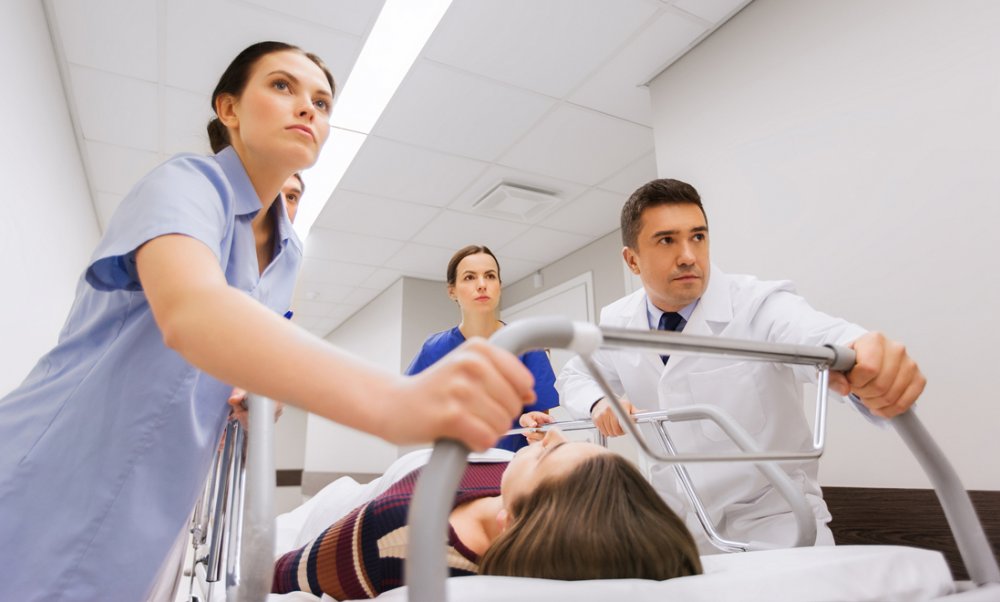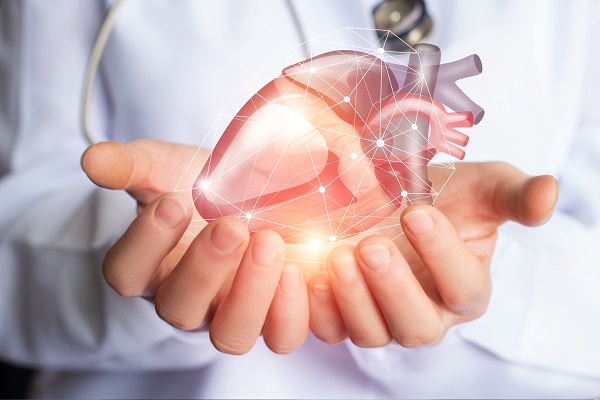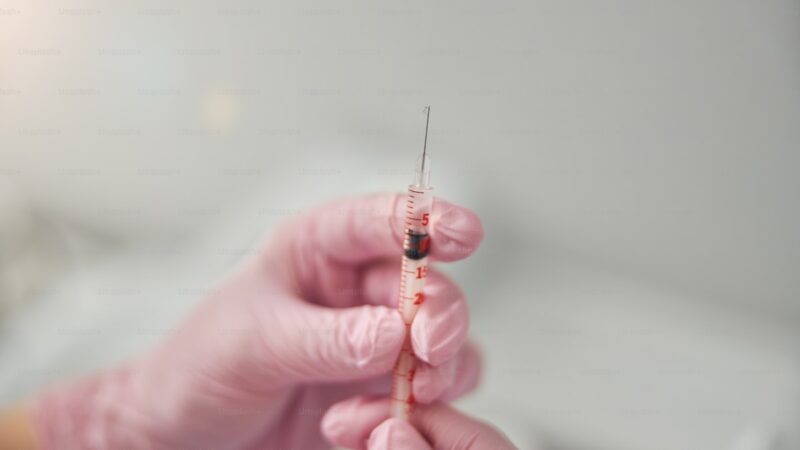How to Deal with A Medical Emergency

Nobody desires to find themselves in a medical emergency. Nevertheless, life is packed with ups and downs. Despite your best efforts to avoid a medical emergency, you may witness an accident scene or the unexpected breakdown of a beloved due to disease. In either case, only your state of mind and First Aid skills will be crucial to saving a life or minimizing the severity of injuries. At St. Michael’s Elite Hospital, you can access top-level emergency care services, but that will not be helpful if the matter at hand requires attention in seconds. Here are tips on how to deal with a medical emergency.
Identifying The Origin and Nature of the Issue
Different issues require unique solutions. You should attempt to identify the root source of the issue. If the individual is conscious, you could directly question them. If an individual is losing consciousness, examine their body for insect bites and injuries. Moreover, look for any alarming symptoms. For instance, an individual struggling with a heart attack may experience chest pain, or one who has suffocated on something may appear disoriented and struggling for air.
Have The First-Aid Kit at Home and at The Office
Never combine medications and first aid items with your vacation kit or scatter medications about your home. Therefore, training in first aid is an absolute necessity. Ensure that the kit’s components meet your family’s emergency requirements. All items must be arranged and labeled in a container that is easily accessible.
Keep the equipment out of the range of youngsters. Additionally, check it occasionally and replenish supplies as necessary. If you have to dispose of expired pharmaceuticals or medicines, ensure that kids and pets cannot access them. Place the automobile’s first aid kit in the trunk.
Immediately Look for Indications of External Bleeding
In an emergency, you should always examine the victim or patient’s pulse first. After you identify a pulse, ideally, inspect for external bleeding. If the injured party is hemorrhaging severely, immediately call emergency medical personnel.
If there are no symptoms of bleeding, you could assess for consumption of a toxic substance, difficulty breathing, or severe heart pain. If the patient reports or seems to have any of these signs, seek emergency services immediately.
Ensure That the Injured Patient’s Airway Is Clear
Examine the patient’s mouth for foreign substances obstructing their airway. If breathing has ceased, it could be necessary to perform artificial respiration. While reviving the patient’s breathing, request an ambulance with Advanced Life Support.
Stabilize The Victim till an Ambulance Comes
Administer basic trauma management to the victim within the first several hours of the incident. Stay calm and place your patient in a resting position to decrease the likelihood of future damage or injury.
Additionally, do not give the victim any fluids because they can infiltrate the windpipe, disrupt breathing, or suffocate the victim. Likewise, do not attempt to awaken a person by shaking or slapping them.
Whether the medical emergency involves a stroke, accident, or another life-threatening illness, the value of the initial few minutes in preserving life is incomparable. With the tips highlighted above, you can help stabilize the situation, but do not hesitate to contact the emergency care facility as well. The Sugar Land, TX emergency clinic allows walk-ins and direct calls through their mobile line.







